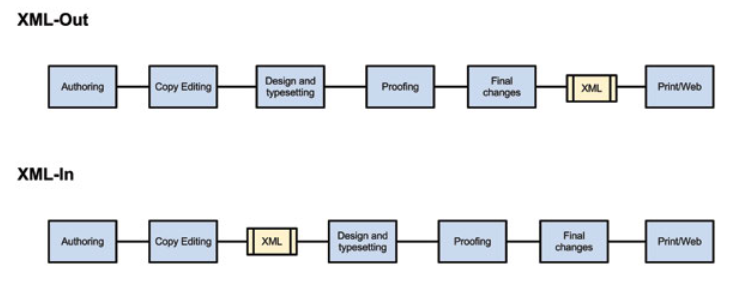I feel fairly drained today reading the speech given by the minister for Higher Education, Jo Johnson.
In a previous piece, I noted in defence of Creative Commons licenses that “Whether a work is openly licensed or not does not affect whether people can or will write things that are not true”. In that piece, I focused on the fact that legal redress seems to remain available under a CC BY license. Here, I want to briefly cover the other side: work that isn’t openly licensed but that still gets misquoted.
In recent days my server has become prey to ever-more brute-force attacks against Wordpress instances. This is a total pain, although they’re unlikely (touch wood) to succeed given the complexity of the passwords I tend to deploy and non-standard account names. That said, I got tired of this and wanted to figure out how to block them. The biggest problem I encountered is that some of these password-guessing attacks were coming from a botnet.
First of all, let me say that I found the piece of work I’m about to discuss really interesting in its own right. I know one of the co-authors and I’m an avid Soundcloud user (for electronic music, no-less!) so I thought this would be right up my street.
In a recent piece for The Bookseller, Anthony Cond (for whom I have a huge deal of respect), writes approvingly, if cautiously, of the births of new university presses. Indeed, there is much to celebrate in the idea of the university taking back the means of its research production on a not-for-profit basis. I am wholly in support of such a mission.
Sigh. More hacking attempts and seems someone did manage to inject a php eval attack into one of my Wordpress installs.
Everyone, when they are writing, can find themselves falling into bad habits. This is because, as my friend Liz Sage pointed out to me, when you are writing, you’re trying to express thought. It’s a writerly activity for you, the author, not thinking wholly of the reader. Examples of things that I do include repeating the same word in a sentence and using split infinitives.
Over the past week I’ve done some of the initial development work on CaSSius, the portion of the typesetter for the Open Library of Humanities that produces PDF output. The idea here is that, as a publisher, you want to produce one document and then create HTML and PDF from that single source. CaSSius provides two ways to achieve this.

Announcing CaSSius: a tool to create beautiful paginated PDF documents from HTML content using CSS regions. It is intended to be part of XML-first/XML-in workflows for scholarly communications but may have alternative uses. CaSSius: heavyweight typesetting with lightweight technology.

For some time now, I’ve worked to build an open-source JATS XML typesetter. It’s called meTypeset. It’s not by any means perfect and the approach it takes is unlikely to ever yield 100% good markup from Word input. It does, though, get it right a lot of the time in “basic” (in terms of underlying XML semantic complexity) rich-text documents, which is what most academics (especially in the humanities) are writing.